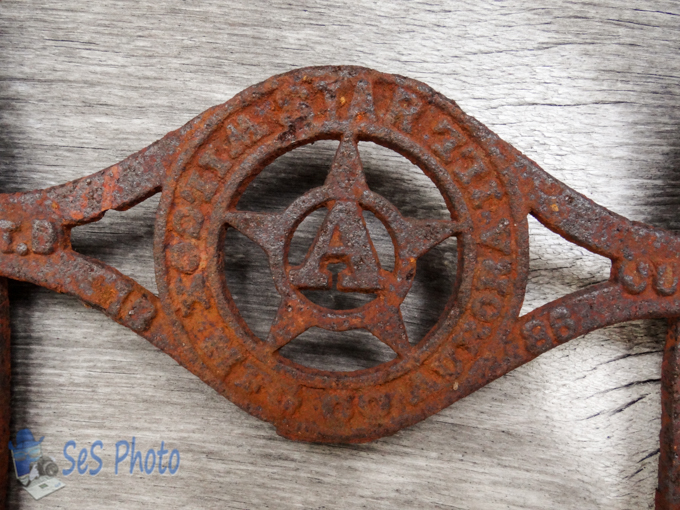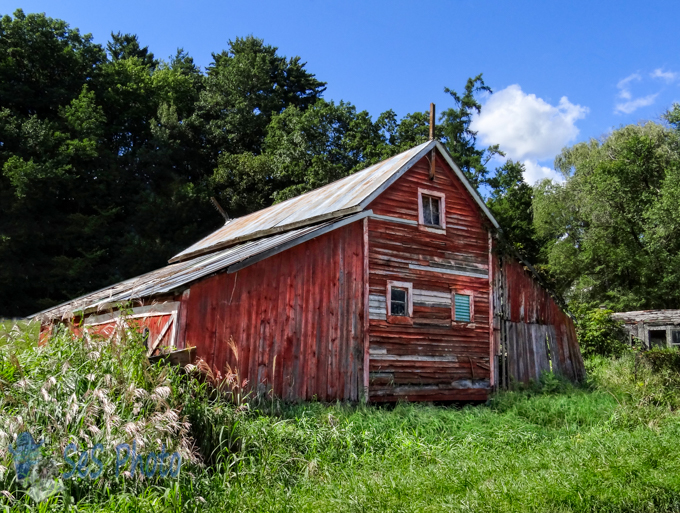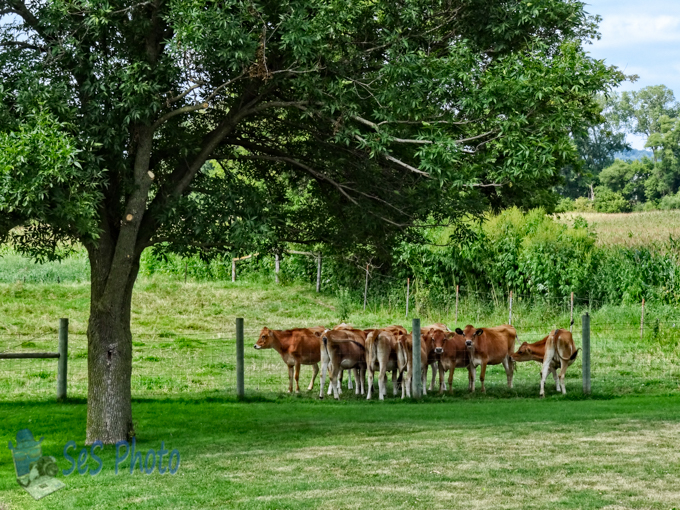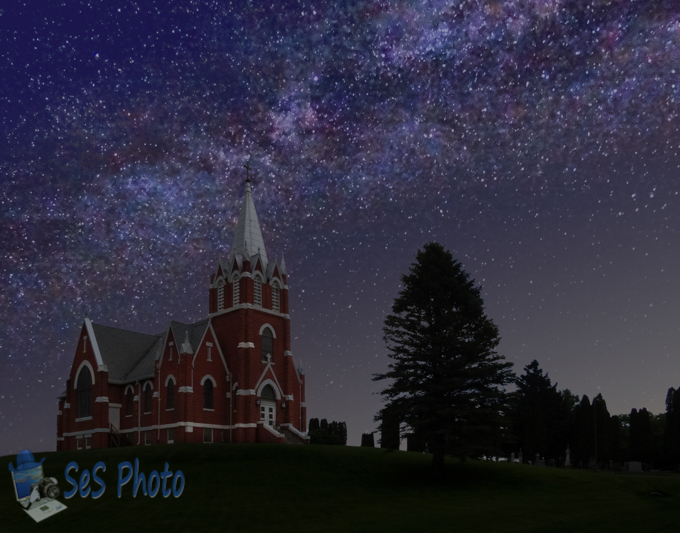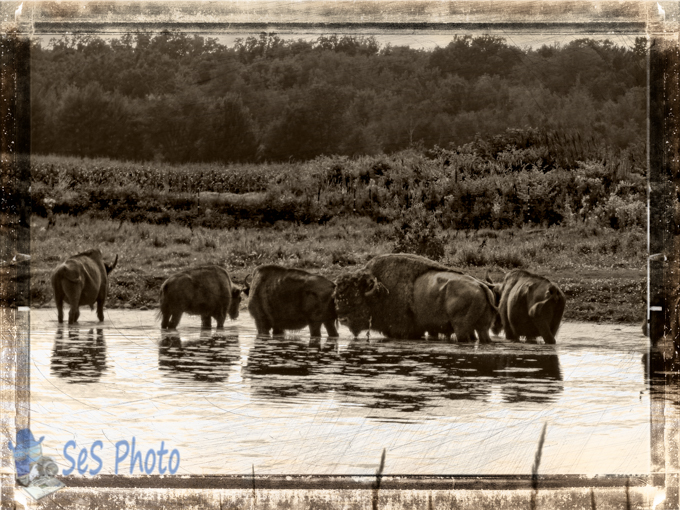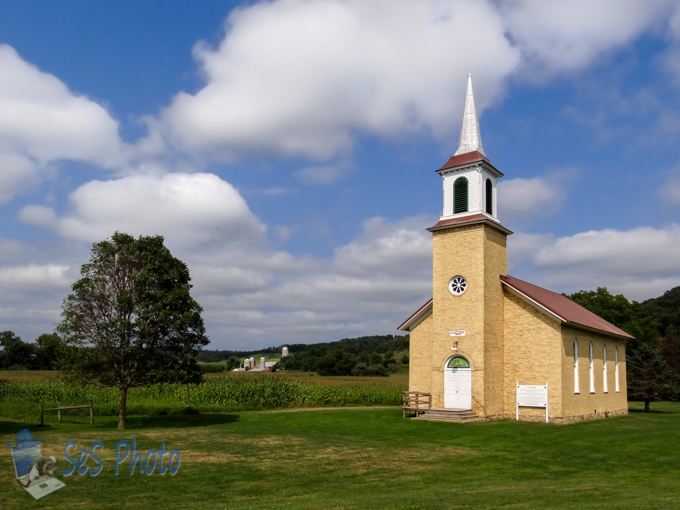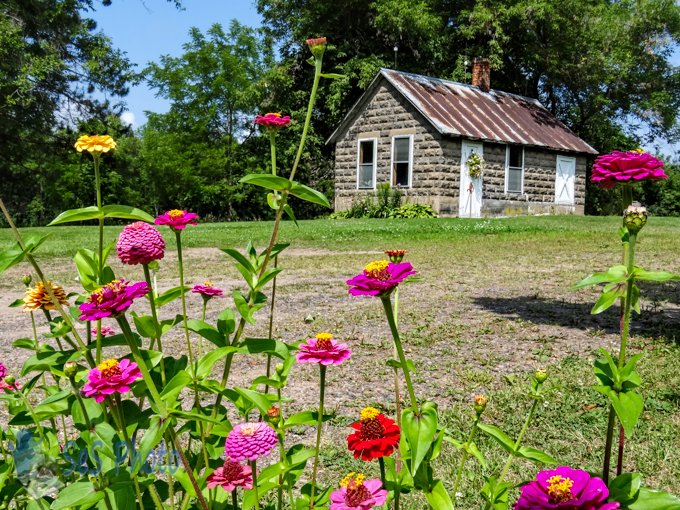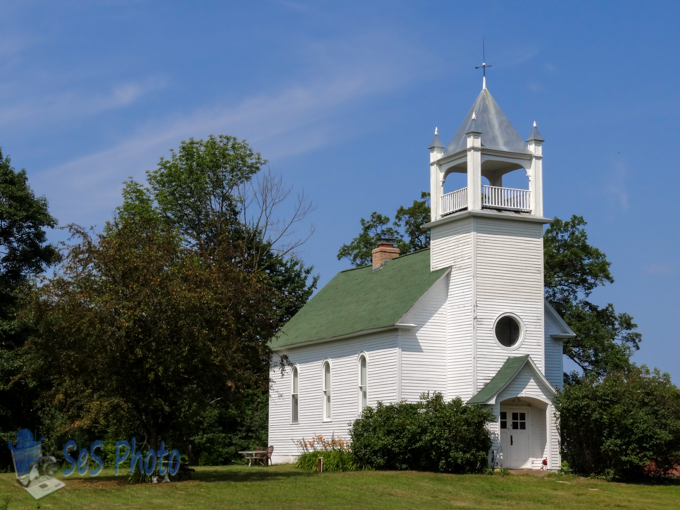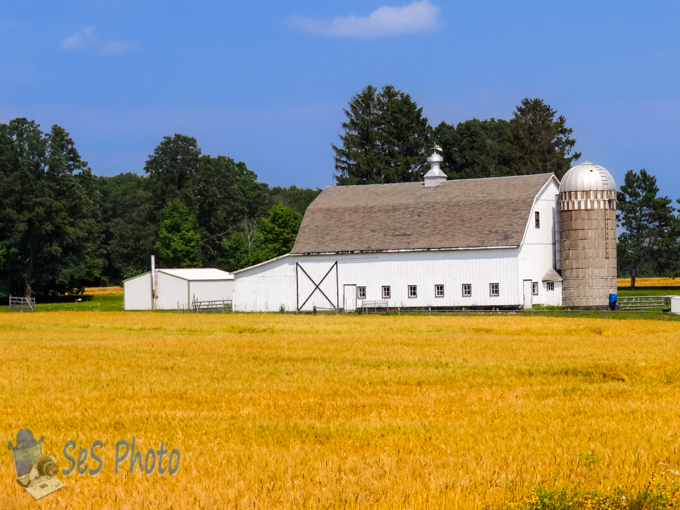Old metal retired from working still provides value as decoration. It took me a while to figure out the writing near the star since with a picture you can’t do an etching to raise the lettering but by playing with contrast and other setting, I finally was able to read the word STAR on top and then Wilcox Mfg Co, Aurora, ILL, Pat.d June 1886.
The Wilcox Manufacturing Company started in 1880 and was purchased in 1910 by the Richards Company (which started in 1870) and formed the Richards-Wilcox Company which is still manufactures specialty door hardware and overhead conveyor systems. An ad in the Farm implement news buyer’s guide dated 1906 for the Wilcox Mfg Co lists these items; barn door hangers, house door hangers, hardware specialties, wagon jacks, emery grinders, wire stretchers, loose and mounted grindstones.
Old Star
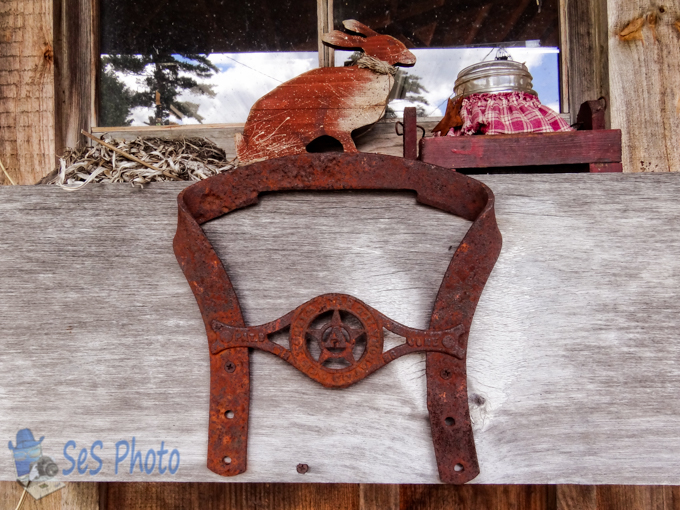
Close up of the old metal logo.
